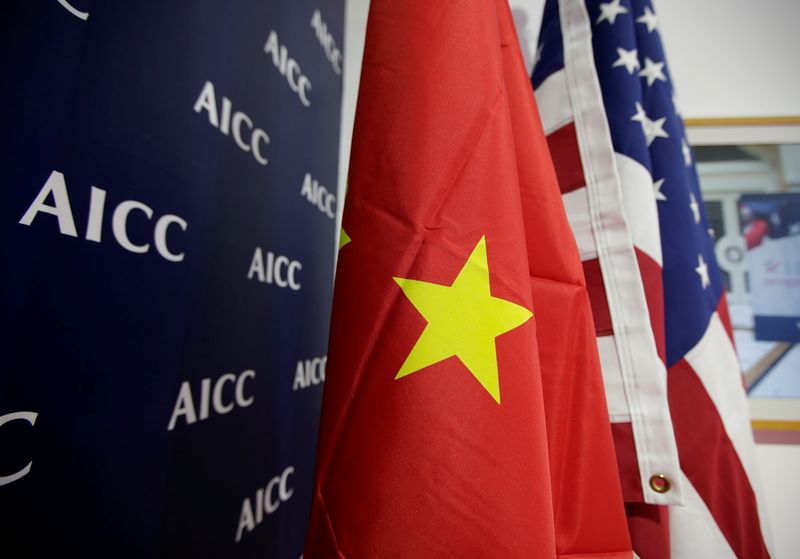Select Language

By Kanishka Singh
WASHINGTON (Reuters) -The office of U.S. Trade Representative Katherine Tai on Wednesday further extended China "Section 301" tariff exclusions on 352 Chinese import and 77 COVID-19-related categories till Dec. 31 that were set to expire on Sept. 30.
THE TAKE
The import tariff exclusions include industrial components such as pumps and electric motors, some car parts and chemicals, bicycles and vacuum cleaners. The COVID-related exclusions include medical products like face masks, examination gloves and hand sanitizing wipes.
WHAT'S NEXT
The extension until Dec. 31, 2023, will allow for further consideration under a statutory four-year review, Tai's office said in a statement on Wednesday.
U.S. Commerce Secretary Gina Raimondo said on Tuesday she does not expect any revisions to U.S. tariffs on China until the U.S. trade representative's office completes the review.
CONTEXT
* Former U.S. President Donald Trump imposed tariffs in 2018 and 2019 on thousands of imports from China valued at some $370 billion at the time, after a "Section 301" investigation found that China was misappropriating U.S. intellectual property and coercing U.S. companies to transfer sensitive technology to do business.
* The duties currently range from 7.5% on many consumer goods to 25% on vehicles, industrial components, semiconductors and other electronics. Among the major categories that escaped tariffs were cellphones, laptop computers and videogame consoles.
* The Trump administration had used Section 301 of the Trade Act of 1974, a statute aimed at combating trade partners' unfair practices, to launch the China tariffs.
* China last week urged Chinese companies investing in the U.S. to be given "equal treatment" and called U.S. 301 tariffs on Chinese imports "discriminatory," when Raimondo visited Beijing.
* Tariffs are only one component of strains in U.S.-China relations off late. Other contentious issues include Taiwan, spying allegations, human rights and the origins of the COVID-19 pandemic.

